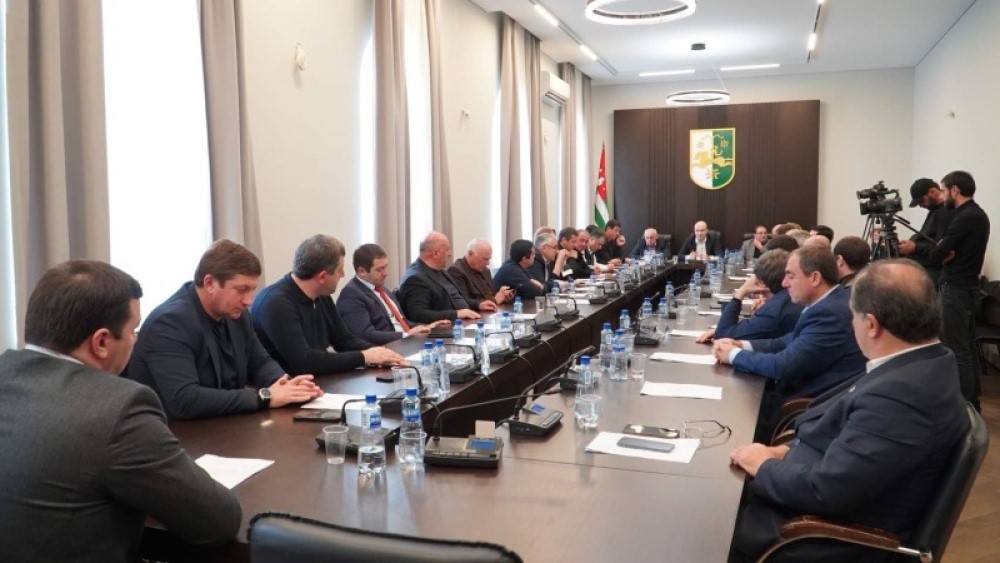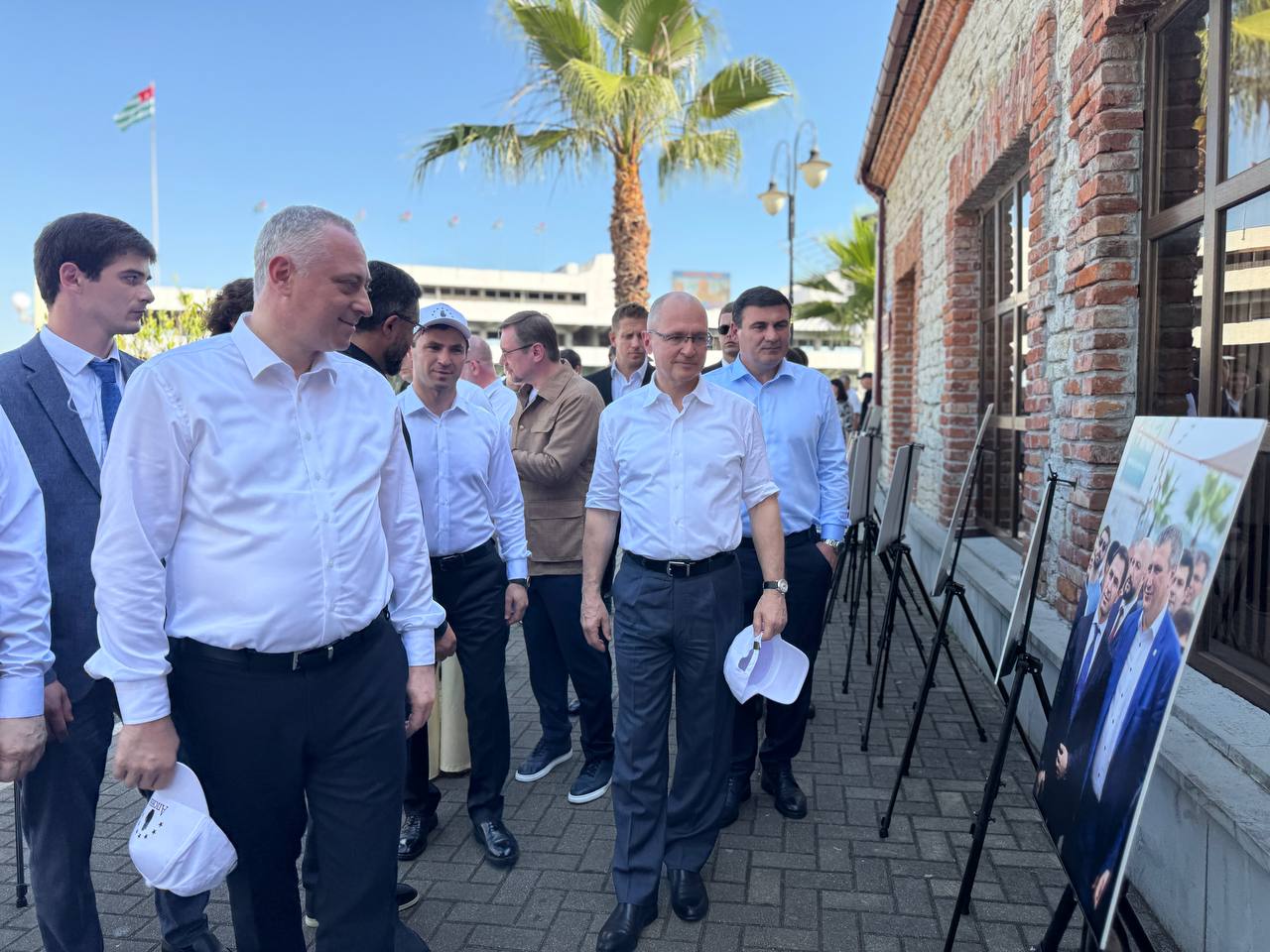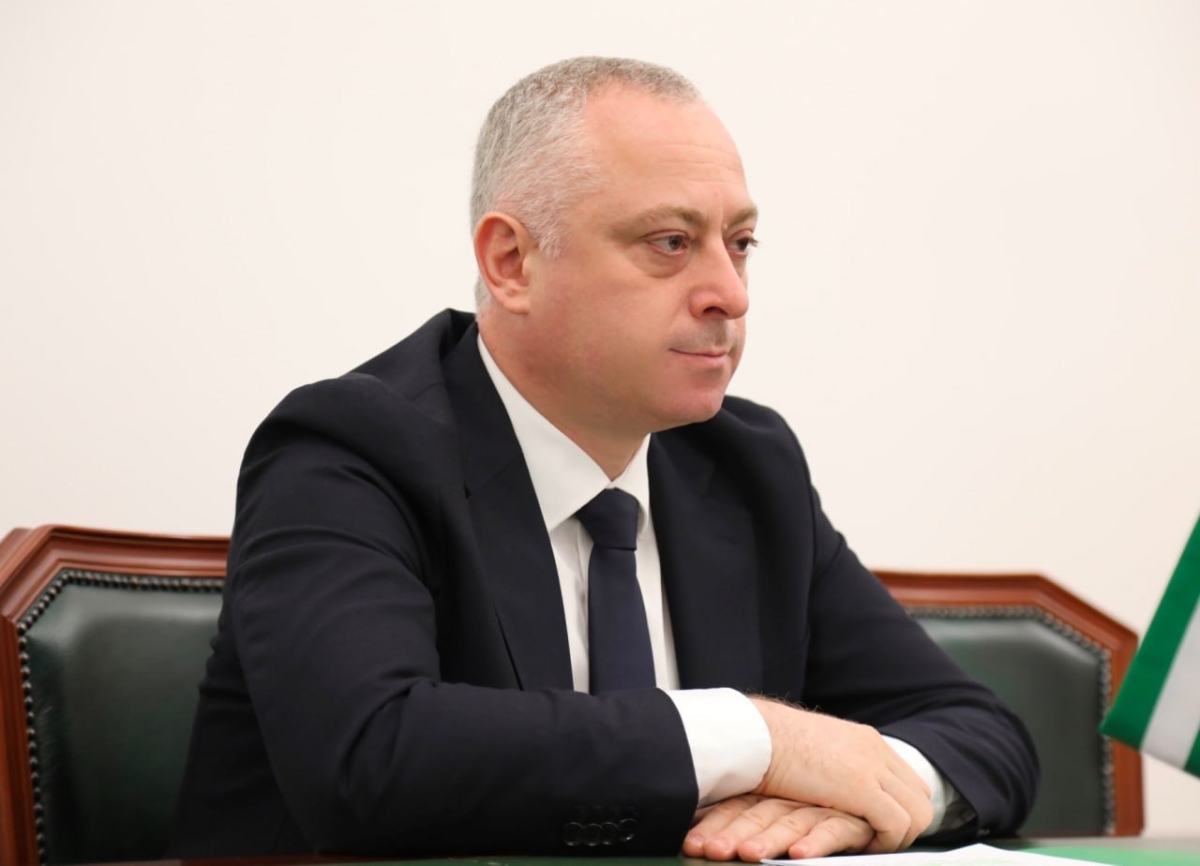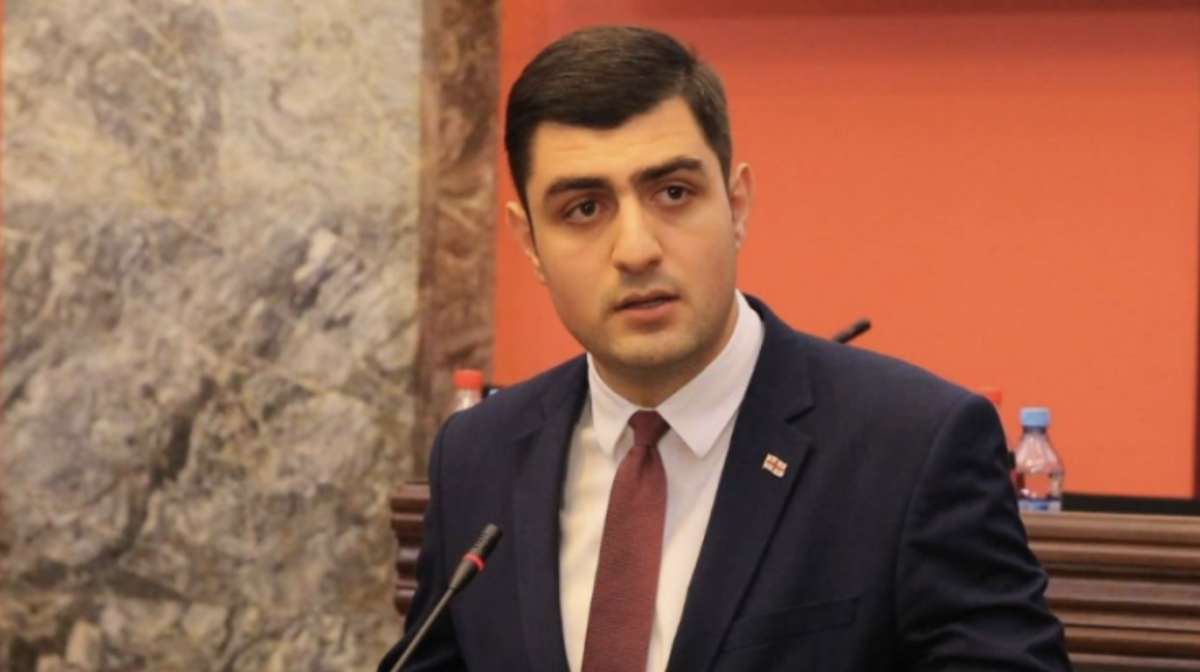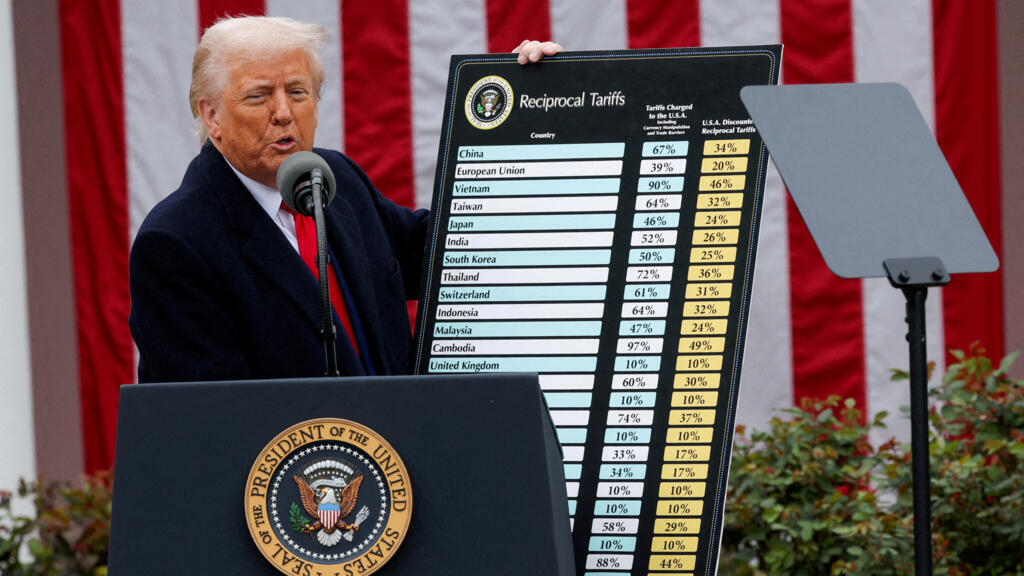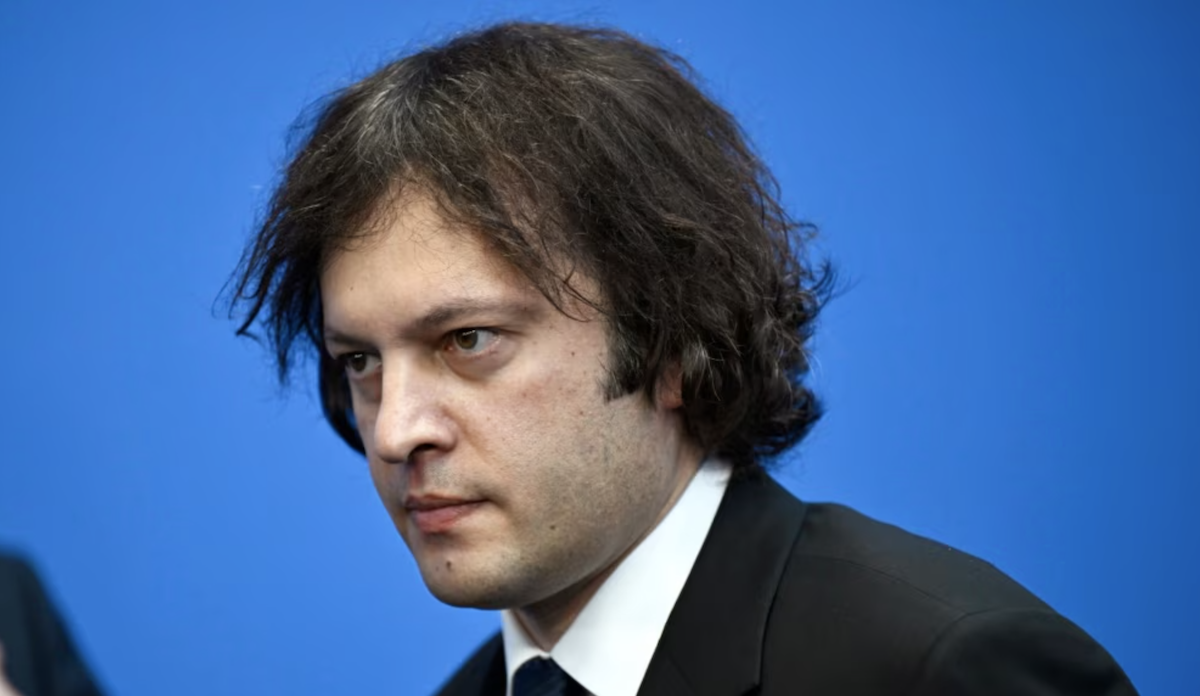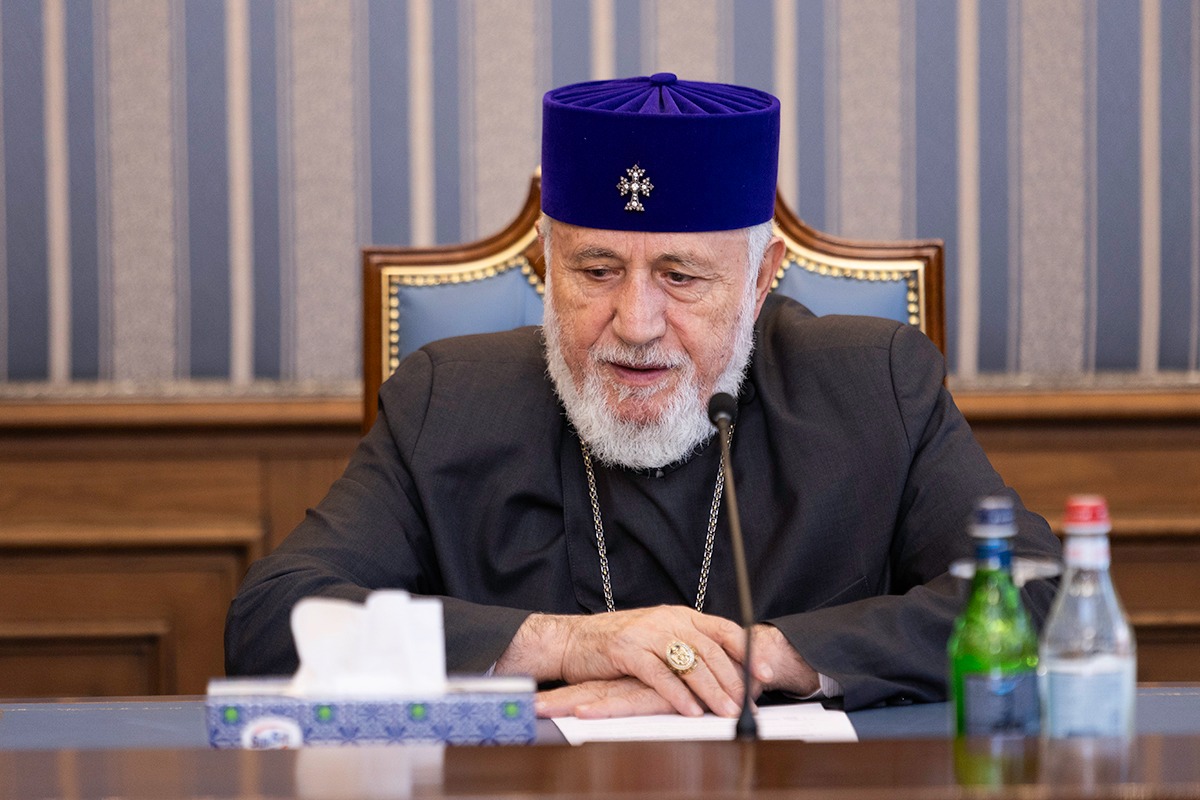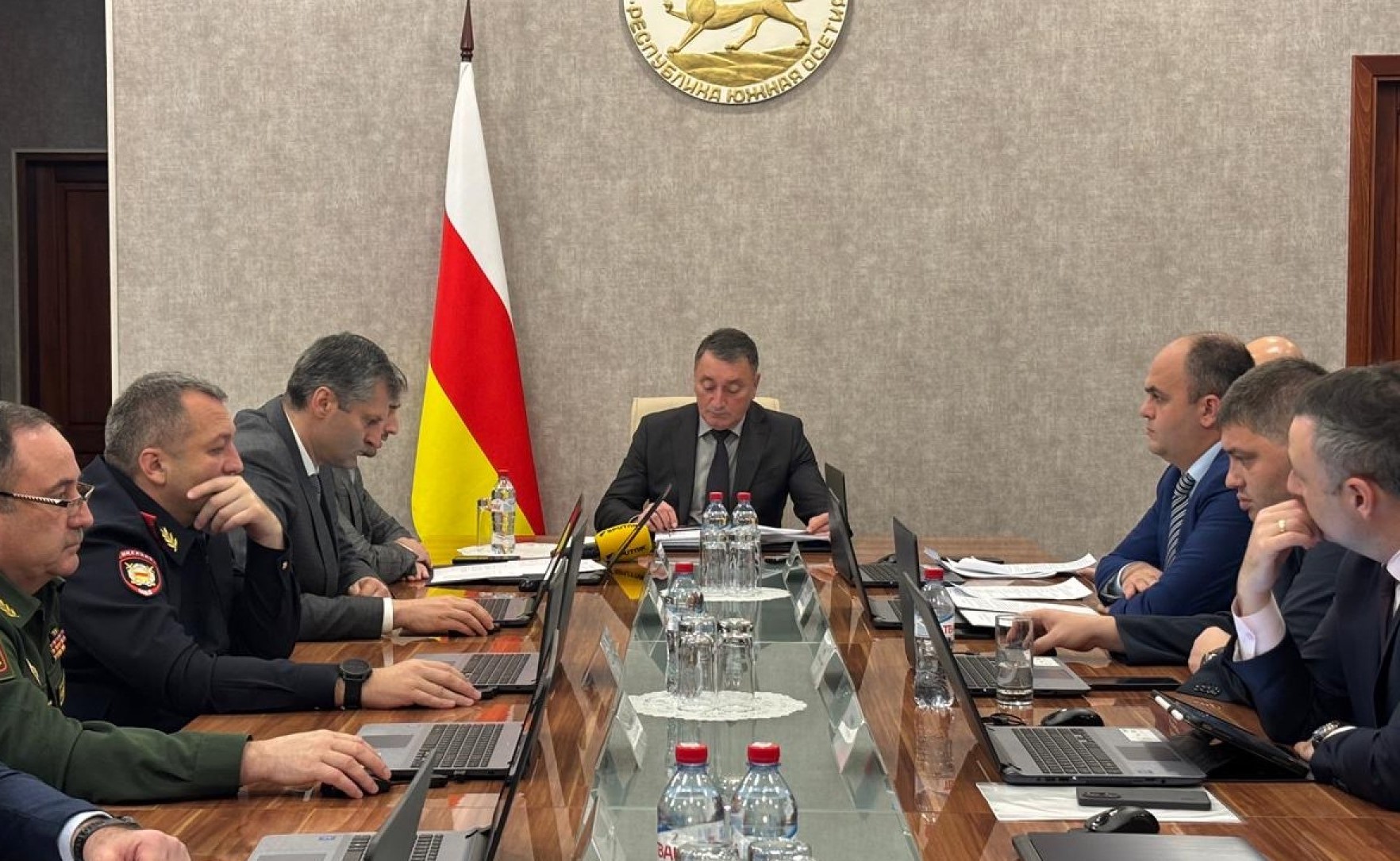Abkhazia’s fifth attempt at constitutional reform has stalled. Why this time?
Abkhazia’s constitutional reform
Abkhazia’s Public Chamber has accused parliament of blocking electoral reform. Offended MPs replied with a statement insisting on their impartiality. Only Daut Khutaba, chair of the parliamentary legal committee, admitted he would personally oppose the reform.
The proposed reform, which would replace the current majoritarian system with a mixed one, is part of a draft constitutional reform prepared by a parliamentary working group set up for that purpose.
Four earlier attempts to amend the electoral law, led by a presidential commission over the past decade, all failed. The fifth attempt was taken up by parliament, which brought in a team of independent lawyers.
The lawyers eventually produced a draft, but MPs only partly approved it. They welcomed the idea of redistributing powers between the president and parliament, but reacted negatively to abandoning the majoritarian system.
The Public Chamber, which had initiated the new push for reform, sharply criticised MPs, accusing them of opposing a mixed system out of vested interests.”
MPs firmly rejected the accusations.
“Our top priority is serving the people and protecting their interests. We are ready for any changes that will strengthen democratic institutions and increase public trust in the electoral process.
We are open to dialogue and to constructive proposals from all parts of society, provided they can be implemented with respect for national interests,” the parliament said in a statement.
The only dissenting voice was Daut Khutaba, head of parliament’s legal committee, who openly admitted he would oppose the reform in its current form. In his view, the existing system should be “refined” rather than scrapped in favour of “jumping into unknown waters without knowing what lies beneath.”
Khutaba believes a more appropriate change would be stricter requirements for parliamentary candidates, such as mandatory higher education. He also hopes MPs will back an amendment raising the minimum age for deputies, currently set at 25.
“Whether these changes will be enough to strengthen parliament, time will tell. But I am convinced that for our convocation this is a serious step, and together these measures will raise the overall level and improve parliament’s effectiveness.
To move in one direction within a single convocation and then suddenly change course, I consider a mistake,” Khutaba said.
Toponyms, terminology, views and opinions expressed by the author are theirs alone and do not necessarily reflect the views and opinions of JAMnews or any employees thereof. JAMnews reserves the right to delete comments it considers to be offensive, inflammatory, threatening or otherwise unacceptable.










